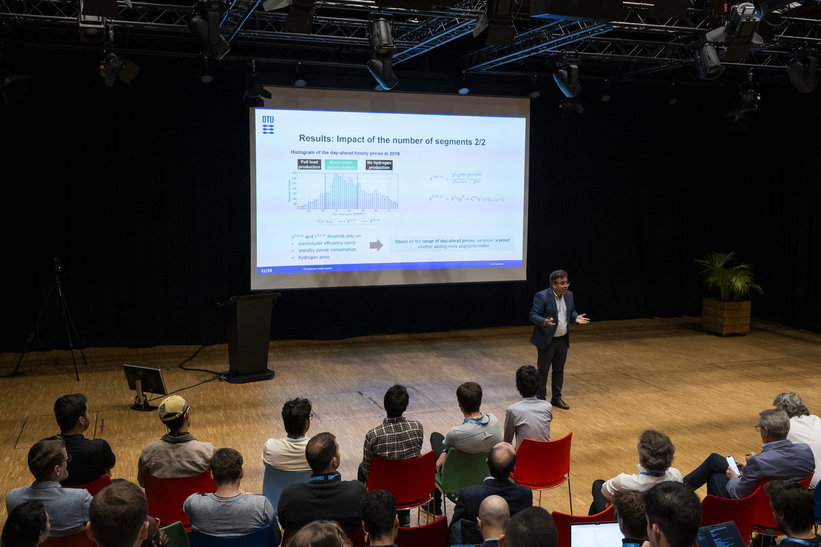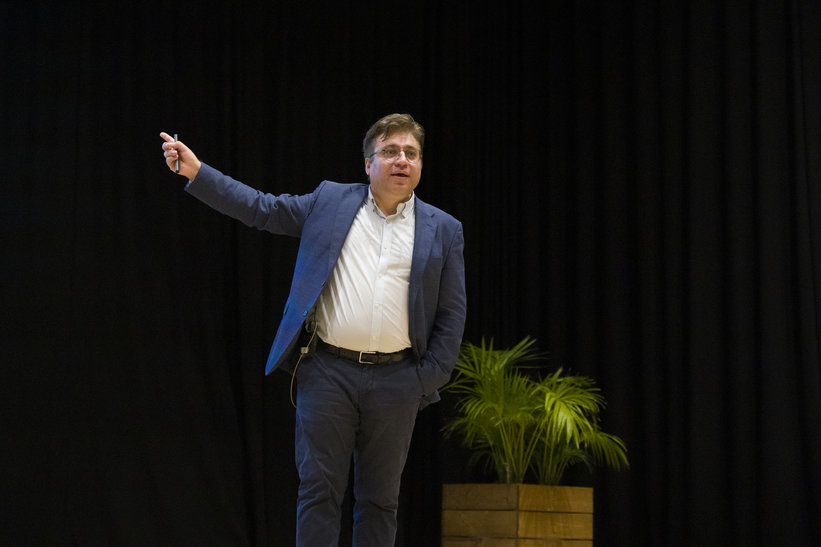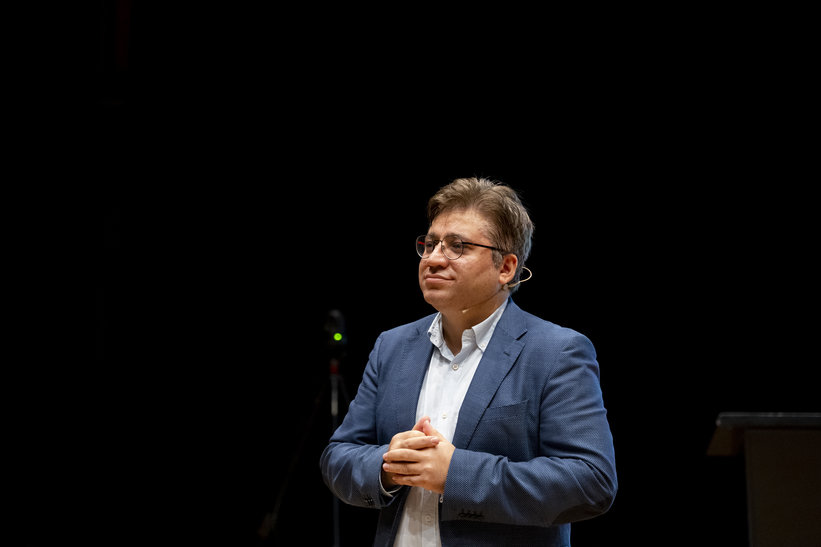Interview with Dr. Jalal Kazempour: insights on priorities for the energy transition, barriers, and modelling
Tell us a little about yourself.
My name is Jalal Kazempour, and I'm originally from Iran. I left Iran about 15 years ago for a PhD in Spain. Afterwards, I went to the US for a one-year postdoc at The Johns Hopkins University. In 2015, I moved to Denmark. I am currently leading the Energy Markets and Analytics (EMA) section at the Technical University of Denmark (DTU). It's a group of 15 people, a fantastic team. We explore how we can design efficient energy markets in the operational stage that maximise social welfare, including the benefit of individual stakeholders. We do this using data-driven and game-theoretic approaches. Take, for example, the owner of the electrolyser that I discussed in today's talk. How can they earn the most in various potential markets? What are the best operational and planning decisions to reach this goal? We look at this from a systems perspective and also look at ways we can help our stakeholders make more informed decisions. Our work is quite multidisciplinary. For example, when modelling power system optimization and energy markets, we need tools from game theory because it's all about interactions of different stakeholders. We also exploit various tools from machine learning and data science.
What are some developments or discoveries that are important for the future energy transition?
There are several ongoing developments which go hand in hand. I would say the most important ones are the technological and system integration developments. The component-level technological perspective is outside my field, but what is clear is that we need more advanced assets to be integrated to energy systems such as high-tech electrolyzers and storage systems. At the end of the day, these assets together form a system. And we need to ensure this system functions reliably while maximising social welfare. From the system integration perspective, we need more coordination among assets and sectors. We have to take an interdisciplinary approach and learn from our colleagues who are experts on topics like systems theory, control theory, data science, and social science to understand how we can design models that help the system work optimally.
Do you have any examples of barriers that may be slowing down innovation in the energy transition and how you are working to overcome these barriers?
Luckily, I think our policymakers in Denmark are open to listening to researchers. These days, our policy makers and regulators are in good collaboration. One topic we are tackling is that system operators and academia have realised we need to do something about data – making sure data are more available and shared. I am talking about utility data, such as distribution or transmission systems. My colleagues and I have had constructive meetings with our regulators, the Danish Energy Agency. They are convinced we need policy measures to ensure more data becomes available. The questions then become which data, at what time resolution? We need to explore these details, but the discussions with regulators are a good start and indicate we are going in the right direction. Having available data will positively impact the ecosystem, including the system operators and stakeholders. Of course, there are many things to consider, such as privacy. When you share data, we have to make sure that the privacy of people will not be compromised. So, while the considerations can be complex, it's very promising.
What drives you to do research on the energy transition?
I would say two things. The first is being able to solve problems. I talk to a lot of sectors outside academia. These can be industrial, societal, and governmental stakeholders. I try to understand what their actual problem or challenge is. It takes a lot of time to understand the real problem. And then, I try to develop a method that helps that problem be solved. I'm not saying that I fully solve the problem, but I hope I am contributing to potential solutions. That gives me a lot of energy.
The second is a broader answer: I enjoy working with students and researchers. We train and educate students who may get critical positions in industry and different sectors where they can help make the world a better place. This gives me a great feeling of success.
Systems are very complex, but as you mentioned in your talk, there is always a decision to make about what we need to and how much we need to model. How do you decide how much detail you need to include in your models?
The key is to design an efficient feedback control mechanism. Feedback can be as simple as speaking with people who use the model and determining how much they need certain aspects of the model. Such feedback allows us to test the model in practice and explore how much the model outputs add value to solving the problem. The type of feedback mechanism depends on the context and on the subject, but whenever you are developing a model, you should think, what is my metric of success, and what kind of feedback mechanisms do I need?


